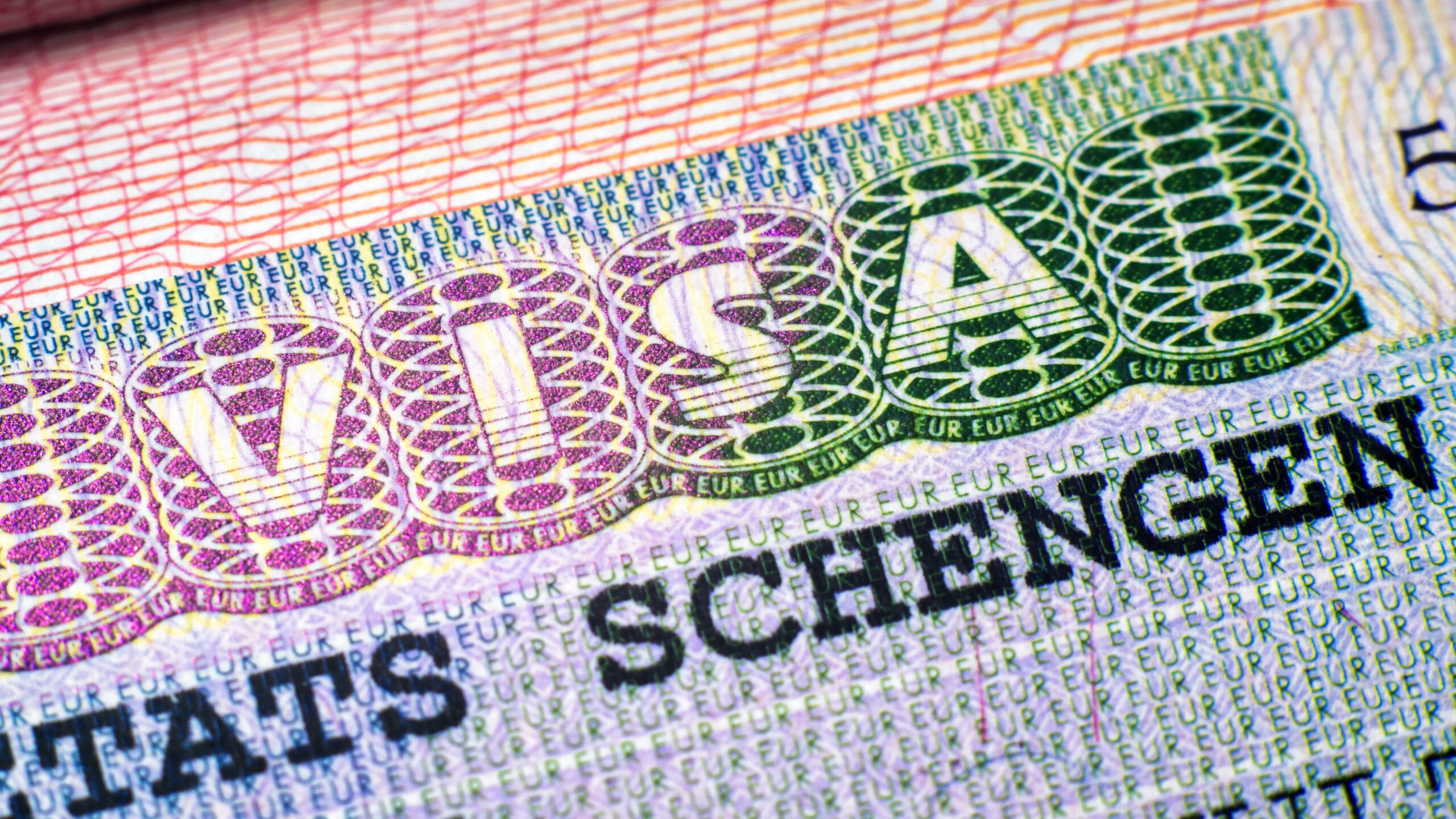
According to the Parliament of the EU on Tuesday, the report on the digitalisation of visa procedures in the Schengen area was adopted with 34 votes in favour, five against, and 20 abstentions.
Members of the European Union Parliament, MEPs, have adopted a report that seeks to modernise the visa application procedure in the Schengen area by moving from physical applications and visa stickers to a digital system.
According to the Parliament of the EU on Tuesday, the report on the digitalisation of visa procedures in the Schengen area was adopted with 34 votes in favour, five against, and 20 abstentions.
EU Parliament said that digital visa applications would speed up the process, reduce the efforts and costs required to make an application, and would promote security.
In addition, it was also stressed that the digitalisation of the visa application process would also ensure consistent practices throughout the EU, SchengenVisaInfo reports.
“By digitalising the visa application process for the Schengen area, the proposal aims to reduce the costs and efforts required to make an application, while ensuring harmonious practises throughout Europe and improving its security,” the statement of the EU Parliament reads.
The EU Parliament further notes that by digitalising the visa application for the Schengen area, visa applications would be processed in a single online platform which would let applicants know which country will receive their application.
The new system is designed to work harmoniously with the border management systems as well as databases of the EU, meaning that it would also reduce security risks.
The decision to approve the report which seeks to streamline visa application procedures was welcomed by rapporteur Matjaž Nemec who said after the vote that the digitalisation of the process would help people to see the bloc as a single geographical entity.
“We want to deliver a modern, user-friendly digital solution for EU visa applications, along with simplified application procedures. Replacing the visa sticker with a digital visa would also reduce security risks posed by physical stickers, and a unified system would help people see the EU as a single geographical entity,” Nemec stressed.
At the same time, Nemec has sought to ensure that the new system is more applicant-friendly. Regarding this, MEPs said that they want to see increased language options in the new system as well as safeguards for persons lacking in digital literacy and those with disabilities.
MEPs also want to make sure that certain visa applications do not get refused when they are filed from the same IP address, which may be the case in some areas that have poor internet connectivity.
MEPs also argue that IP addresses should be processed or collected as part of the visa application.
The EU Parliament is now expected to announce the inter-institutional negotiations on the file. If there are no objections, negotiations on the final details can begin.






